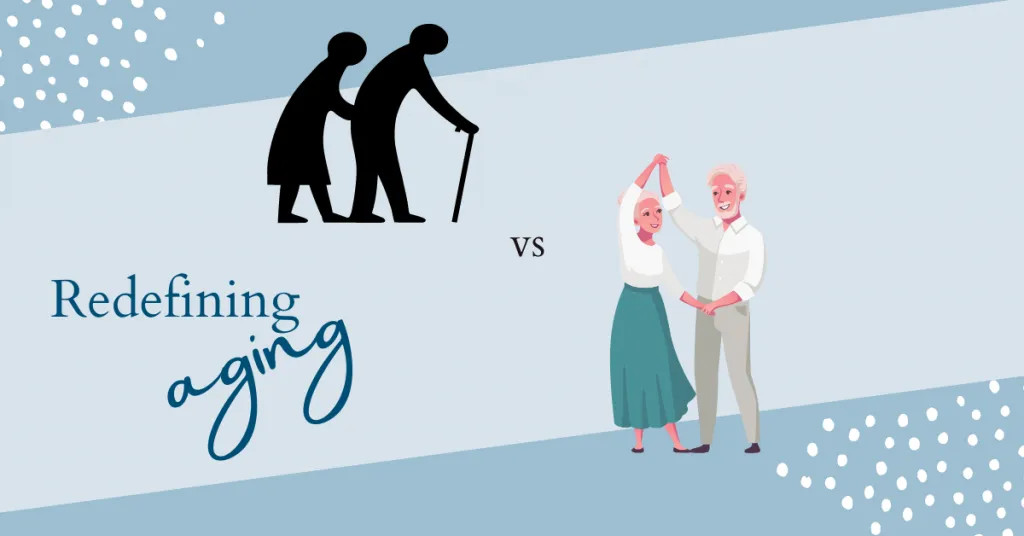
Evaluating Nutrition Headlines and Research
On today’s episode, we are discussing various headlines and articles that you may come across on the news or social media with nutrition or health claims. Specifically today, I will discuss a recent article, as an example, that may have caught your eye, as an example that clearly highlights why these articles are generally unreliable and totally misleading.
“Keto-like diet” study
The particular article, titled “Keto-like diet may be linked to higher risk of heart disease and cardiac events”, published by the American College of Cardiology. There are several issues with this study that make its conclusions totally unreliable and sensational. This was not a journal publication, but was an article they published on their website based on a presentation at their conference. Therefore, this was not a peer-reviewed article. This did get picked up by CNN and other mainstream media outlets as well.
Let’s break down the issues with this small “study”.
Problems with this study
Firstly, the study relies on self-reported dietary questionnaires. Dietary questionnaires are notoriously unreliable. People often struggle to remember what they have eaten accurately and may modify their responses to appear healthier than they were. That alone makes this data weak and shows it cannot be relied upon to make definitive conclusions.
Secondly, the study only looks at the participants’ diets for a single day. No one can reliably extrapolate from ONE DAY to any long-term disease progression. One day’s diet is not representative of the participants’ overall eating habits. This does not account for any variations in diet and lifestyle over time.
Thirdly, the study’s definition of a “keto-like” diet is highly questionable. It considers “keto-like” to be anything less than 25% carbohydrates and 45% or more dietary fat. However, a true ketogenic diet typically consists of 5-10% carbs, 10-20% protein, and 70-80% fat. Therefore, the study’s definition is not consistent with the widely accepted definition of a ketogenic diet. So they’re essentially claiming a keto diet increases your risks, when they didn’t even evaluate a true keto diet.
Fourthly, the study does not account for other factors that may affect the participants’ health, such as food choices, quality, portion sizes, exercise, sleep, stress, medications, or any other factor. We can’t simply look at their memory of one day’s eating and extrapolate the impacts on long term cholesterol levels or cardiovascular disease risks.
Finally, the study claims that LDL cholesterol increased in some participants, thereby increasing their risk of a cardiovascular event. However, the direct correlation between LDL and heart disease has never been proven, and many heart attack sufferers have low LDL cholesterol, not high. This is because there are different sizes and densities to different LDL particles, and it is the type of LDL that matters, not just the quantity. This study did not investigate these crucial factors, making its conclusions regarding LDL highly questionable.
Ultimately, all of this shows that this study’s conclusions are highly unreliable due to the questionable data collection methods, the limited scope of the study, and the lack of consideration for other factors that may affect the participants’ health. They even end their article by pointing out the limitations in their data set that could lead to inaccurate conclusions! Therefore, we have to be cautious when reading these kinds of articles and not simply take their conclusions at face value. Always look beyond the headlines and consider the context and methods used in any study before drawing conclusions.
This is just one recent example of why headlines and media publications can be so misleading.
Challenges with Nutrition Research
Conducting proper nutrition research can be incredibly challenging for several reasons. Nutrition is a complex field that is difficult to study in a controlled setting. It is challenging to design studies that accurately reflect real-world eating habits and other lifestyle factors that may impact health outcomes, while having limited variables. If multiple variables are present, you cannot reliably conclude the driver of any results – whether positive or negative.
Additionally, it is extremely expensive to run long term nutritional studies to assess the long-term effects of various diets and lifestyle changes. Quality research also requires a large sample size, which adds to the cost. Health outcomes are always tied to more that one factor – nutrition, sleep, stress, toxins, genetics, environment, lifestyle, history, and so much more play into what works or doesn’t work for an individual client. Formal research cannot take all of these factors into account, so our best data actually comes from the field! From analyzing patients and clients who are undergoing various nutrition and lifestyle interventions in their lives and from being willing to try out various methods until we find the perfect plan for you.
It’s essential to evaluate studies for reliability, as not all research is created equal. We have to consider factors like how large the sample size is, was there a control group, and was it a randomized controlled trial or simply an observational study. One should also look at the methodology and data collection methods, as well as the funding sources behind the research. Oftentimes, biases are extremely evident when Big Food, Pharma, or specific industries or lobby groups are behind the research, leading to favorable outcomes that correlate with what the financier wants.
Simplify with a Professional
Now, if all of this information leaves you even more confused and unsure of how to assess the research and reliability of particular claims, I suggest you let a qualified practitioner do the heavy lifting for you. As a Metabolic Health Investigator, this is part of my role when I’m working with you – to stay up on the research, communicate with other practitioners in the field, and be able to explain complex scientific information in simple terms. This valuable information can then be combined with other aspects about YOU to create a personalized approach to solving your health challenges.
Generic, mainstream information about nutrition is often one-size-fits-all and doesn’t take into account the individual needs of each client. Every person has unique genetic, lifestyle, and dietary preferences that can impact their health, so it’s crucial to work with a practitioner who can customize a plan that takes these factors into account.
In summary, nutrition research can be challenging to conduct, and it’s essential to evaluate studies for reliability. Working with a qualified practitioner can help you make sense of scientific studies and create an individualized plan that considers your unique needs. Don’t rely on generic, mainstream information that doesn’t take into account your individual needs and may be based on inaccurate or biased information.





















0 Comments